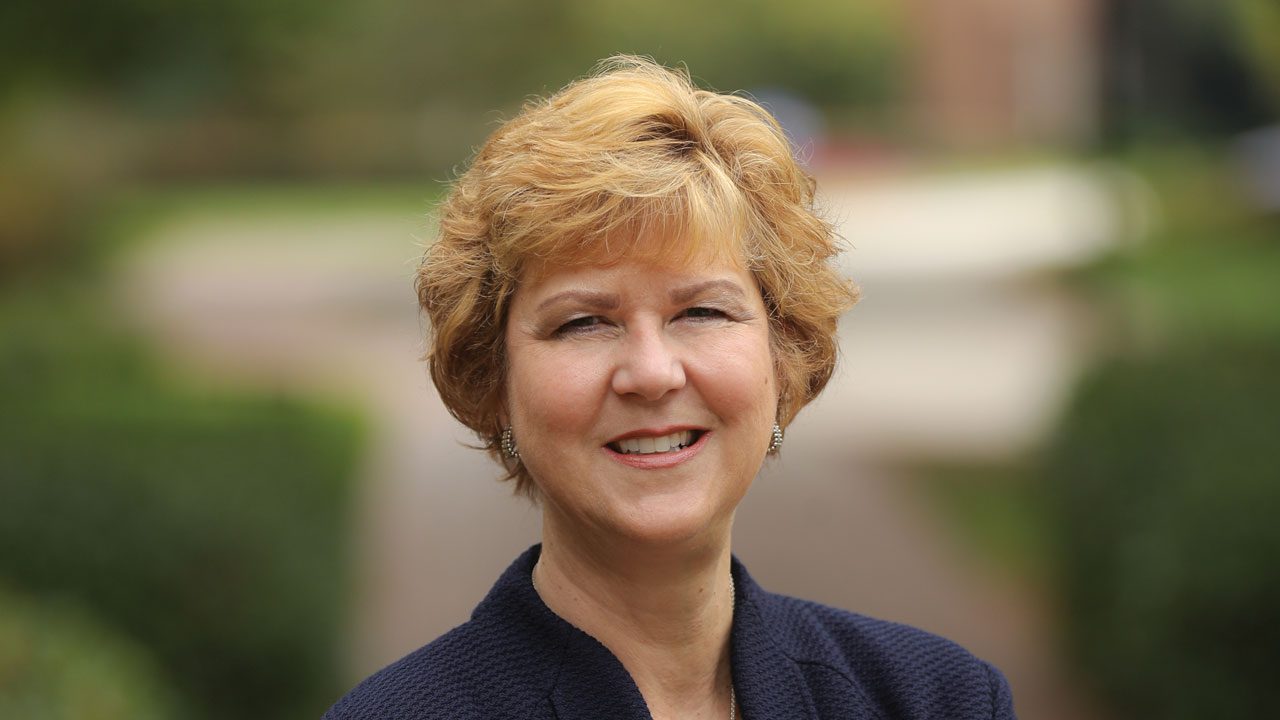of the university
On Discourse

It’s been another beautiful South Carolina fall, and our semester got off to a great start, with one of the most diverse, academically selective first-year classes in recent years. A familiar energy filled the air as we celebrated with Convocation in McAlister Auditorium.
This year, students were challenged to look beyond their current worldview and preconceptions of the world and open up to hearing from people with different views and beliefs. Universities across the country have been painted as partisan, even as institutes of indoctrination. The people doing the painting rarely understand how universities work or what we do. Waving a broad brush of contention, some have tried to paint our university as narrow-minded. In fact, we are the opposite. We are learners and seekers, open to exploring new ideas and compelled to champion a broad array of perspectives. Our faculty do an excellent job of teaching our students how to think, not what to think. To address this dissonance, I have launched a presidential initiative, On Discourse, to highlight the various viewpoints and perspectives shared on campus, and to help students develop the skills to think, listen, and engage across different perspectives.
Brent Nelsen, the Jane Fishburne Hipp Professor of Politics and International Affairs and interim director of the Tocqueville Center, and Cynthia King, associate dean for Diversity, Equity, and Inclusive Excellence and a professor of communication studies, were charged with helping us demonstrate our commitment to the free exchange of ideas. One of the first steps was creating an online resource that reiterates this commitment and inventories and showcases our guest speakers, who bring their diverse and thought-provoking voices to campus. The site will also list events that help students learn to distinguish between topics that make them feel unsafe and those that make them feel uncomfortable, and how to listen to opposing or alternative perspectives and engage in productive conversations.
Throughout the year and beyond, On Discourse will include workshops and courses on difficult social, political, and cultural issues; research designed to build awareness and understanding of public discourse; and partnering with community organizations to cultivate a campus culture of healthy discourse.
The polarized landscape is an unfortunate reality in America right now. In his comments at Convocation, Professor Nelsen said the homogenized bubbles of likeminded people and sources of information we as a society have put ourselves in are alternate realities that are “tearing our country apart” and “fueling our toxic politics.”
The opposite of polarization, he said, is not unity, but community, built on trust. “Furman will prove resilient, not by building strong walls, but by building strength from within.”
In her Convocation comments, Dean King challenged students “to claim your power: the power to learn, the power to make mistakes, the power to succeed, the power to raise your voices in dissent, if necessary, but equally the power to love each other as fellow humans and members of this global Furman community.”
She told students that to take full advantage of the rich diversity of cultures and ideas at Furman, they need to learn how to avoid knee-jerk reactions and lean into humility and curiosity, to wonder and look for common ground.
At times it seems like the common ground is shrinking. Professors King and Nelsen will help us grow the earth beneath us by stepping outside of our bubbles and reducing the distance between us. With On Discourse, our students will go out into the world more confident in their ability to navigate chasms of contention without falling into them.